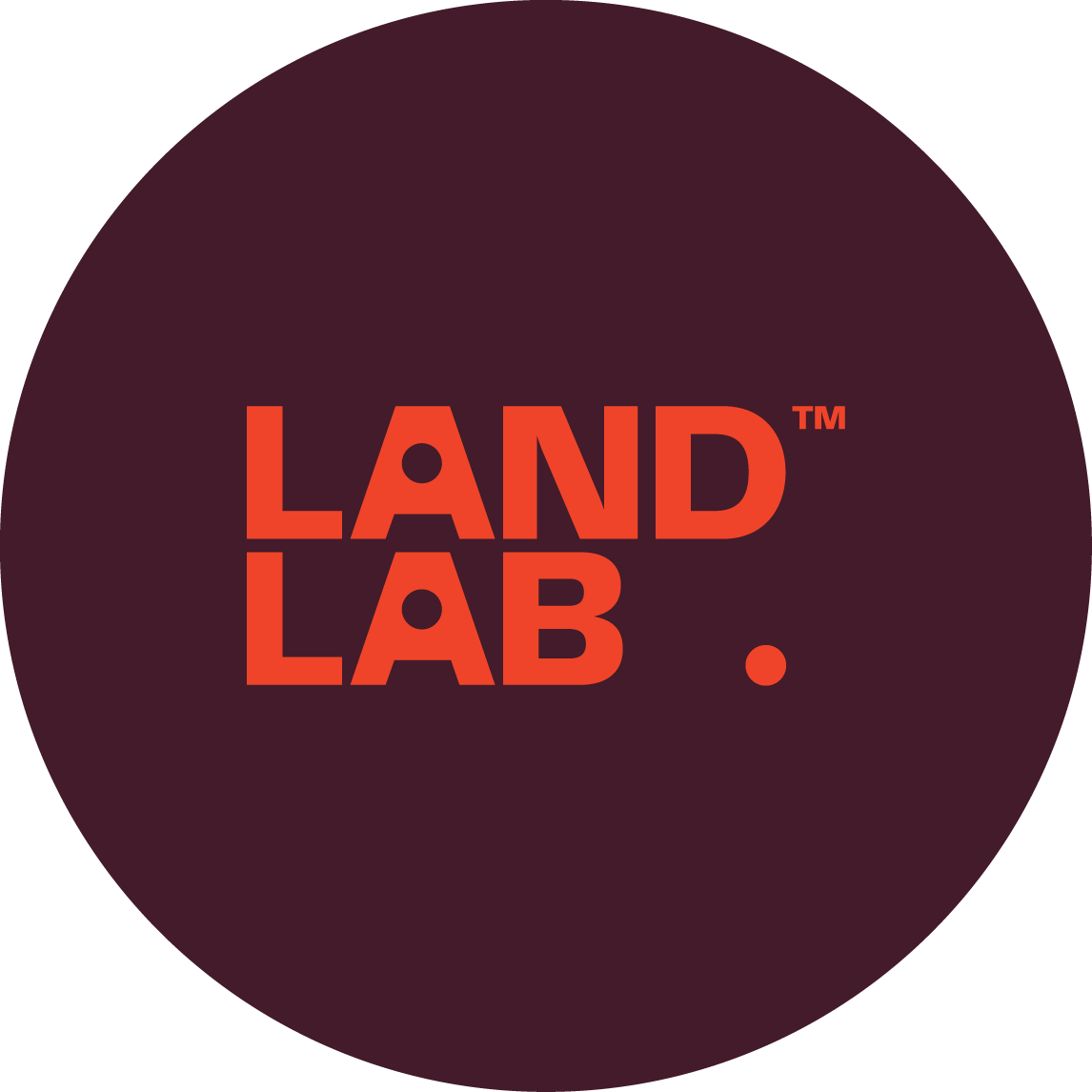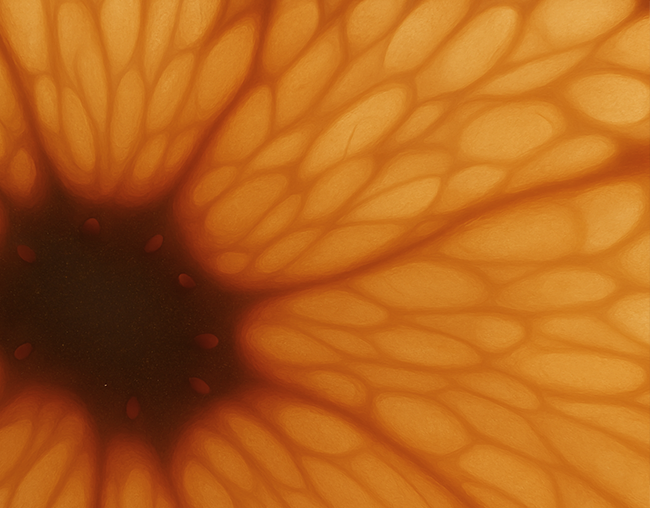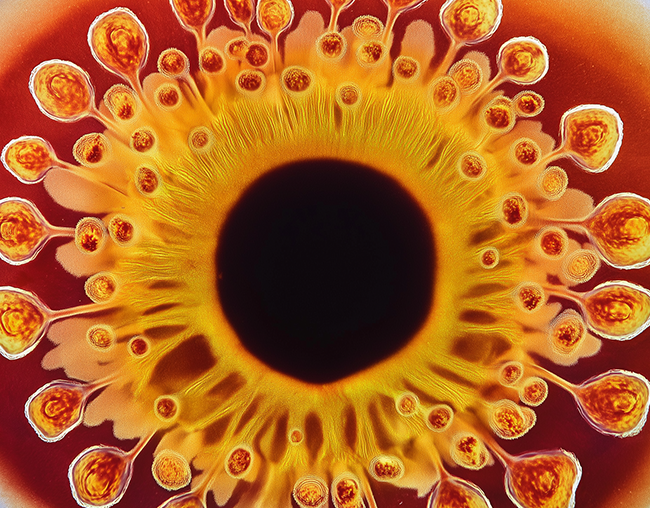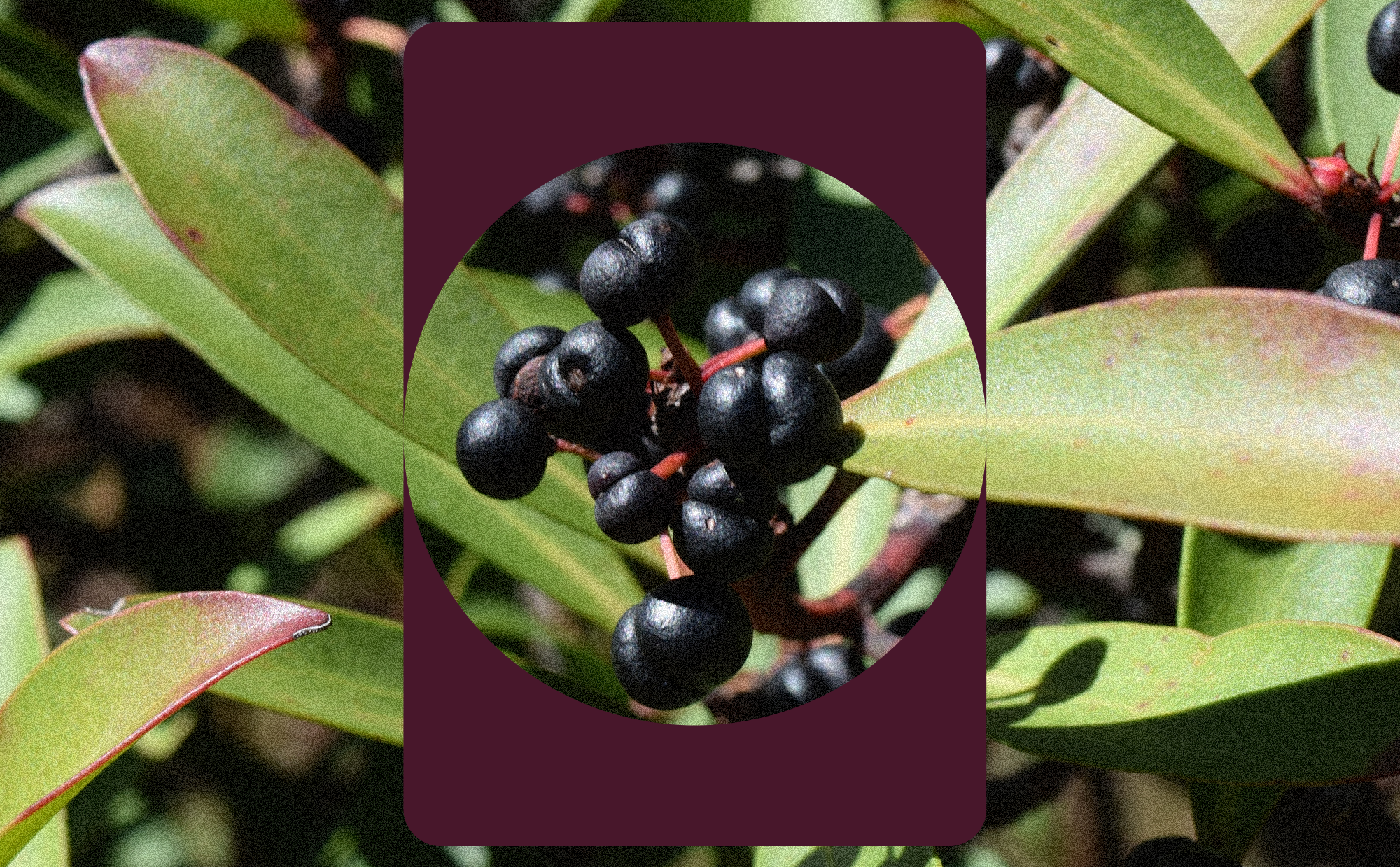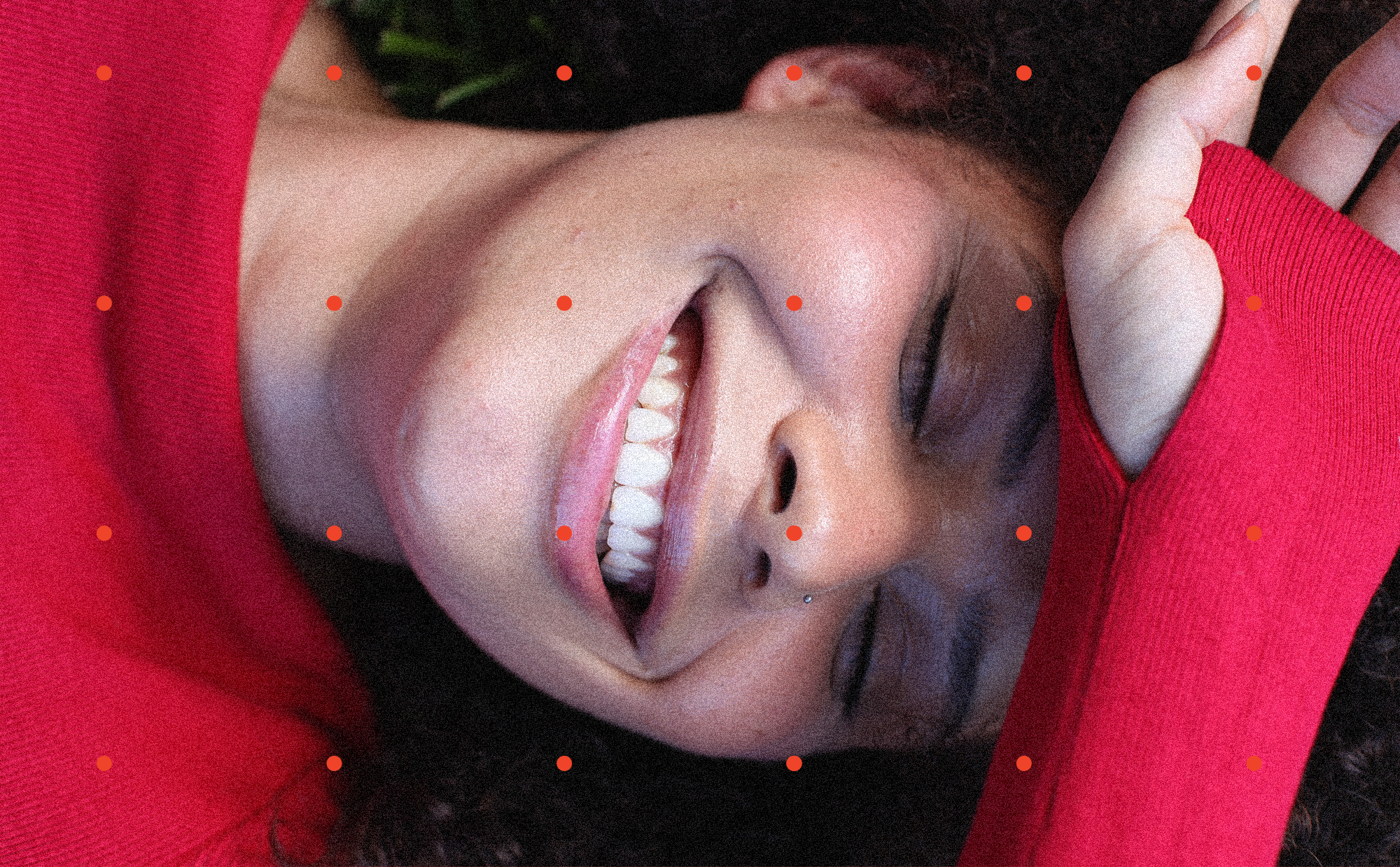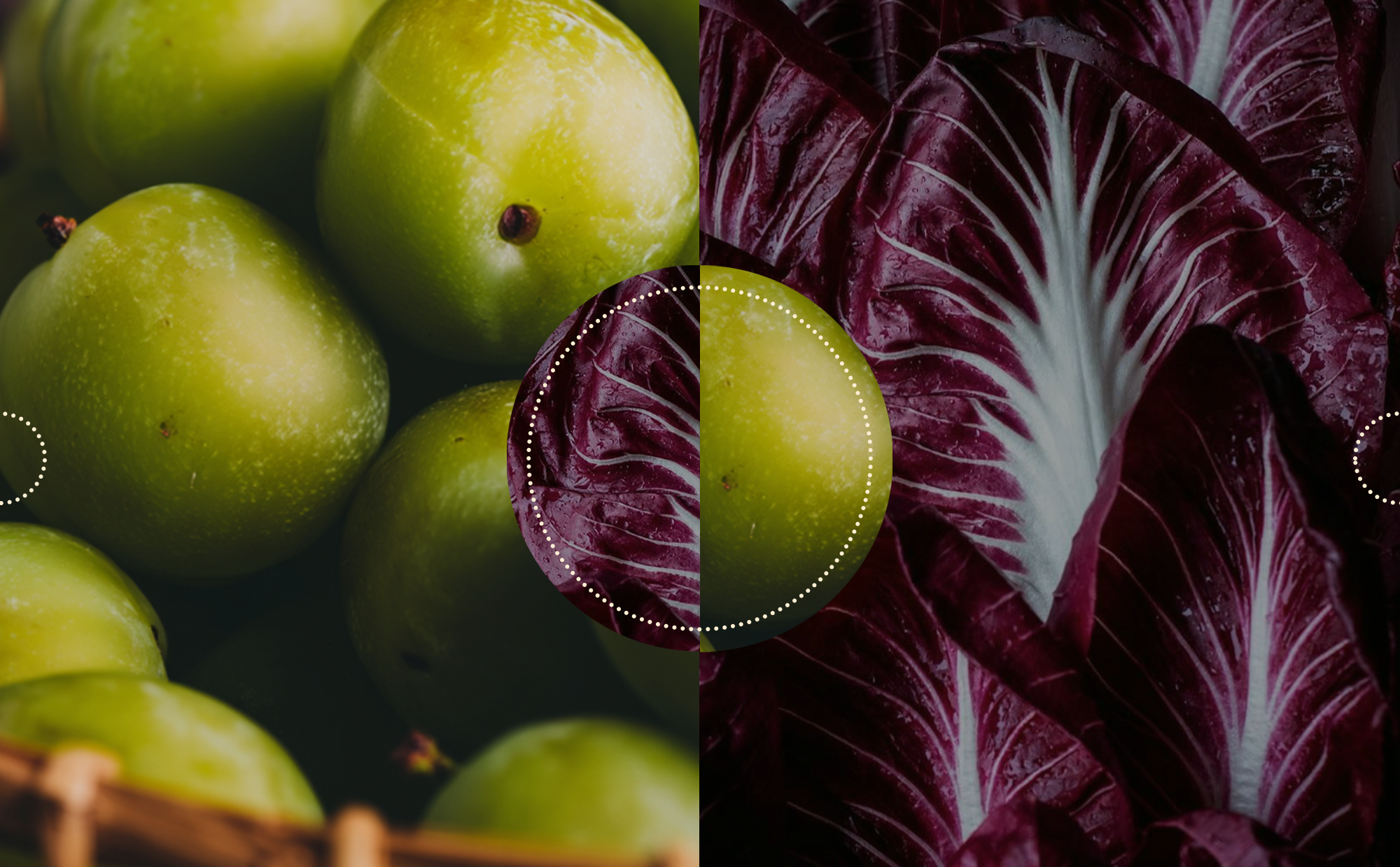Why Native Australian Plants Are Good for Your Gut Health: Spotlight on Tasmanian Pepperberry and Riberry
Your gut isn’t just a food-processing machine, it’s a thriving ecosystem. And when nurtured well, it can have ripple effects on your digestion, immunity, and even your mental clarity. But how do we care for it in a meaningful way?
Enter: native Australian bush foods like Tasmanian Pepperberry and Riberry, which are gaining scientific attention for their role in gut health thanks to their unique combination of prebiotic fibres and polyphenols. These ancient ingredients, long used by Aboriginal Australians, are more than just cultural treasures, they're tools for modern health and longevity. Let’s explore how.
First, What Is the Gut Microbiome?
The gut microbiome is the community of trillions of microbes living primarily in your large intestine. These microbes, mainly bacteria, but also viruses and fungi, play a critical role in everything from digesting food and synthesising vitamins to regulating immune responses and influencing mood via the gut-brain axis.¹
A diverse microbiome is a healthy one. Like a well-balanced rainforest, a variety of species ensures that no single strain dominates, keeping inflammation in check and nutrient production humming along. Unfortunately, many modern diets, high in processed foods and low in fibre, starve this microbial diversity.² So how do we feed our gut in a way that encourages diversity and resilience?
The Role of Prebiotics and Polyphenols
You’ve probably heard of probiotics, the live beneficial bacteria found in yoghurt and supplements. But what those good bugs really need to thrive are prebiotics: specific types of fibre that your body can’t digest, but your gut bacteria can.³ Prebiotics act as a natural fertiliser, helping beneficial bacteria grow and flourish.
Then there’s polyphenols, plant-based compounds with antioxidant and anti-inflammatory properties. These compounds don’t just protect our cells from damage, they also interact with gut microbes in beneficial ways. Some polyphenols are metabolised by microbes into even more health-boosting compounds,⁴ supporting gut health from multiple angles.
Together, prebiotics and polyphenols help build a robust, diverse gut microbiome that supports digestion, modulates immune function, and even enhances brain health. That’s where Tasmanian Pepperberry and Riberry come into the picture.
Tasmanian Pepperberry: Small Berry, Big Impact
Tasmanian Pepperberry (Tasmannia lanceolata) is a dark purple-black berry native to the cool temperate rainforests of Tasmania and southeastern Australia. Beyond its pungent flavour, this berry is a nutritional powerhouse.
The Tasmanian Pepperberry boasts one of the highest levels of anthocyanins,⁵ a type of polyphenol with powerful antioxidant properties. It contains 21.13 μmol/g FW of anthocyanins,⁶ surpassing many common berries. These compounds not only reduce oxidative stress but also appear to positively influence gut bacteria by promoting the growth of beneficial strains and inhibiting pathogenic ones.
Interestingly, while its total phenolic content is moderate, its antioxidant capacity is exceptional. This suggests that the type of polyphenols, not just the amount, matters when it comes to bioactivity in the body.
Pepperberry is also rich in aromatic compounds which contribute to its unique flavour that combines peppery heat with fruity and floral notes.
Riberry: Sweet, Tart, and Gut-Friendly
Riberry (Syzygium luehmannii) is a bright pink-red fruit from the rainforest trees of coastal Queensland and New South Wales. Often described as sweet and spicy with a hint of clove, its benefits go well beyond the palate.
Riberry is a standout source of α-tocopherol, the most bioactive form of vitamin E.⁷ Vitamin E supports immune function and may play a protective role in maintaining a healthy gut lining.
It also contains calcium and manganese, minerals that play indirect roles in microbial balance and metabolic health. Manganese is involved in enzymatic activities that support both bacterial metabolism and antioxidant defences.⁸
Although the specific polyphenolic breakdown of Riberry hasn't been fully mapped, it has been shown to contribute significantly to the antioxidant and anti-inflammatory profile of native fruits.⁶ These properties are linked to improved microbial diversity and reduced inflammatory markers in the gut.

Gut Health Isn’t Just About Digestion
It’s easy to think of gut health as just about bloating or regular bowel movements, but the gut is deeply connected to your brain and immune system. About 70% of your immune cells are housed in the gut, and the microbiome influences everything from inflammation to mental health.
When you nourish your gut with foods rich in prebiotics and polyphenols, like Tasmanian Pepperberry and Riberry, you're not just improving digestion, you’re actively supporting your health span, the number of years you live in good health.
How to Use These Bush Foods
So how can you incorporate these native wonders into your diet?
-
Tasmanian Pepperberry can be used dried and ground as a spice, adding a spicy kick to meats, stews, or even salad dressings. You can also find it in bushfood teas or infused oils.
-
Riberry is often made into jams, sauces, or syrups, or used fresh in salads and desserts. Look for freeze-dried powders or purees to add to smoothies and yoghurt.
While availability may vary, demand is growing for these ingredients thanks to their unique flavour and functional benefits. Incorporating just a little into your diet can be a tasty and powerful way to support gut health.
In the world of gut health, diversity is king. To achieve that, we need to move beyond just yoghurt and fibre supplements. Native Australian plants like Tasmanian Pepperberry and Riberry offer a unique combination of prebiotic fibres and polyphenols, with the potential to support a thriving microbiome, modulate inflammation, and enhance overall wellbeing.
So next time you’re thinking about how to support your gut, consider looking to the land. These bush foods are ancient allies, and modern science is finally catching up.

Written By
Chelsea McCallum
Accredited Practising Dietitian | Founder, The IBS Relief Program
Chelsea McCallum is an Accredited Practising Dietitian with deep expertise in gut health and Irritable Bowel Syndrome (IBS). A former recipe developer turned clinical practitioner, Chelsea takes a science-based approach to managing IBS. She is the founder of The IBS Relief Program, a fully digital platform that has supported individuals across Australia, New Zealand, North America, the UK, and Europe. Her work is rooted in inclusivity and empowerment, making evidence-based gut health and IBS care more accessible and less overwhelming.
